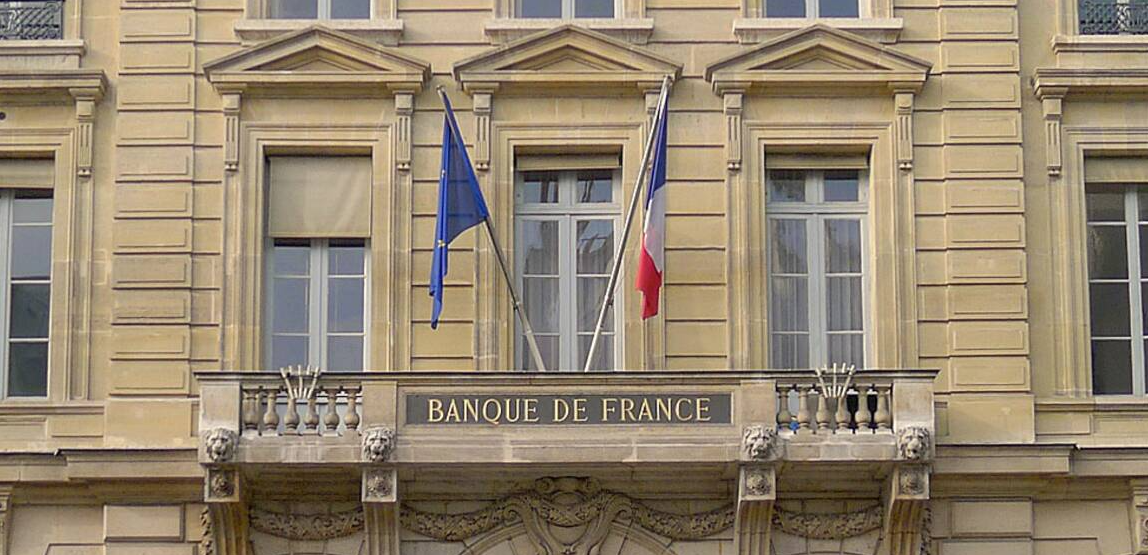Let's talk about France National Bank. France has a long history of being a financial hub and an economic powerhouse. One of the key pillars of its economy is the France National Bank, which is the central bank of France. It is responsible for implementing monetary policy, supervising financial institutions, and ensuring the stability of the financial system. In this article, we will take a closer look at Banque de France, its functions, history, and impact on the French economy.
Banque de France was established in 1800 by Napoleon Bonaparte as a way to stabilize the country's finances after the French Revolution. Since then, it has played a crucial role in the French economy, maintaining price stability, promoting financial stability, and ensuring the proper functioning of the payment system. The bank is headquartered in Paris and has several branches across the country.
Functions of France National Bank
Monetary Policy by France National Bank
Banque de France is responsible for implementing monetary policy in France. It sets the interest rates, manages the money supply, and ensures the stability of the financial system. The bank's objective is to maintain price stability in the country and keep inflation in check. It achieves this by monitoring the economic situation, assessing the risks, and taking appropriate measures to maintain stability.
Supervision of Financial Institutions
Banque de France is also responsible for supervising financial institutions in the country. It monitors the financial markets, regulates banks, insurance companies, and other financial institutions to ensure they comply with the rules and regulations. The bank also works to prevent financial crises and ensure the stability of the financial system.
Payment System by France National Bank
Banque de France also plays a crucial role in ensuring the proper functioning of the payment system. It provides payment services to the government, financial institutions, and other organizations. The bank also ensures the safety and security of the payment system, and promotes the use of electronic payments to enhance efficiency and reduce costs.
Impact of France National Bank on the French Economy
Banque de France has had a significant impact on the French economy over the years. It has played a crucial role in maintaining price stability, promoting financial stability, and ensuring the proper functioning of the payment system. The bank's policies and actions have helped to keep inflation in check, prevent financial crises, and support economic growth.
Price Stability
One of the primary objectives of Banque de France is to maintain price stability. The bank achieves this by setting the interest rates and managing the money supply. By keeping inflation in check, Banque de France helps to ensure that prices remain stable, and the purchasing power of the currency is maintained.
Financial Stability
Banque de France also plays a critical role in ensuring the stability of the financial system. It supervises financial institutions, monitors the financial markets, and takes appropriate measures to prevent financial crises. The bank's actions help to maintain confidence in the financial system, and ensure that it remains stable and resilient.
Payment System Efficiency
Banque de France has also helped to enhance the efficiency of the payment system in France. By providing payment services and promoting the use of electronic payments, the bank has helped to reduce costs and increase efficiency. This, in turn, has helped to support economic growth and development.
Conclusion
Banque de France is a critical institution in the French economy, responsible for maintaining price stability, promoting financial stability, and ensuring the proper functioning of the payment system. Its policies and actions have had a significant impact on the economy over the years, helping to keep inflation in check, prevent financial crises, and support economic growth. As such, Banque de France remains a vital institution in the French financial system, playing a crucial role in maintaining the stability and resilience of the economy.
FAQs
- What is Banque de France?
Banque de France is the central bank of France, responsible for implementing monetary policy, supervising financial institutions, and ensuring the stability of the financial system.
- What is the history of Banque de France?
Banque de France was established in 1800 by Napoleon Bonaparte as a way to stabilize the country's finances after the French Revolution.
- What are the functions of Banque de France?
Banque de France has three main functions: implementing monetary policy, supervising financial institutions, and ensuring the proper functioning of the payment system.
- How does Banque de France maintain price stability?
Banque de France maintains price stability by setting interest rates and managing the money supply. Its objective is to keep inflation in check and maintain the purchasing power of the currency.
- What is the impact of Banque de France on the French economy?
Banque de France has had a significant impact on the French economy, maintaining price stability, promoting financial stability, and ensuring the proper functioning of the payment system. Its policies and actions have helped to keep inflation in check, prevent financial crises, and support economic growth.
References
- "Banque de France: The Bank That Rules Europe's Biggest Economy" by Jack Ewing, The New York Times: https://www.nytimes.com/2018/05/15/business/banque-de-france.html
- "Banque de France: France's Central Bank" by Investopedia: https://www.investopedia.com/terms/b/banquedefrance.asp
